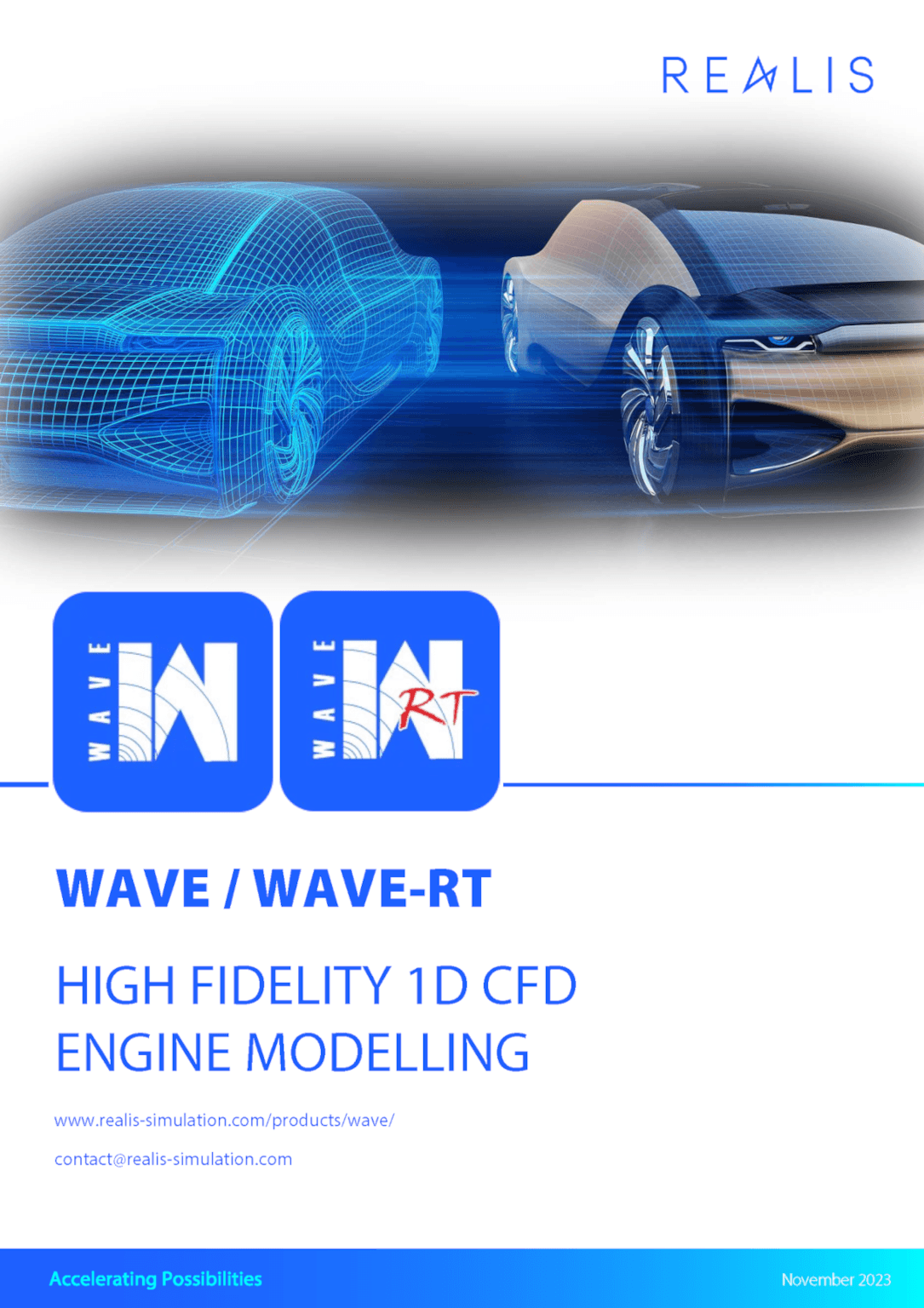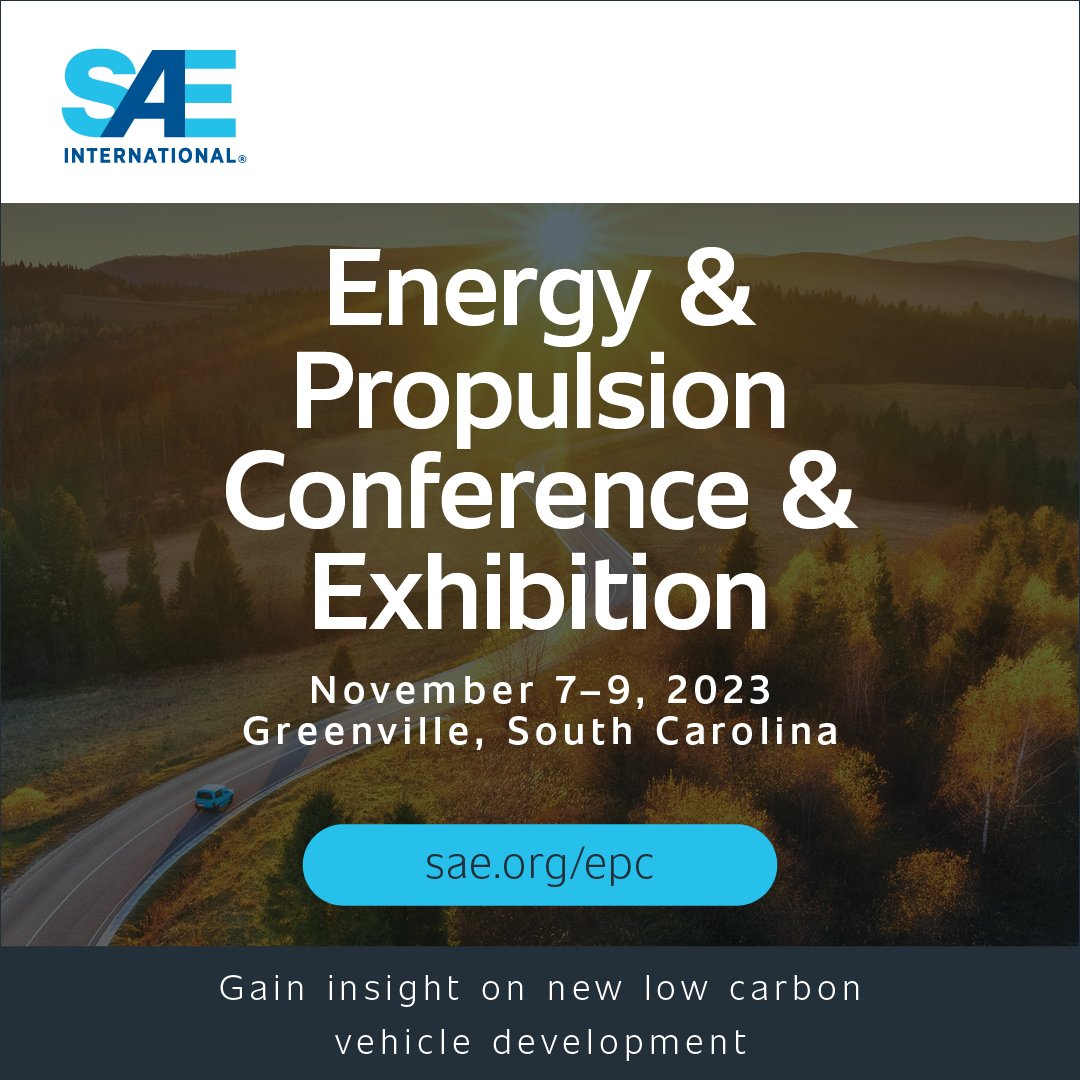
Highly efficient development of powertrain systems using 1D Real-Time Engine Model


Highly efficient development of powertrain systems using 1D Real-Time Engine Model
With the promotion of electrification of powertrains, development using the simulation model is being promoted to achieve highly efficient development of the powertrains. Since the hybrid powertrain includes many subsystems, the complexity of the development process bloats the development scale. To proceed with large-scale development efficiently, it is necessary to utilize simulation. Furthermore, to maximize efficiency, improvement in development speed is required. In this study, we selected the real-time technology for 1D engine model that is suitable for the concurrent development aiming at increasing the development speed. The real-time technology achieved a high prediction accuracy, a lower modeling workload, and reliable real-time computation speed. And as a practical application of this technology, we conducted collaborative development of engine and using the real-time engine model.
The 1D engine model chooses a high granularity model structure to achieve high prediction accuracy, which slows down the computational speed. Applying the high granularity model to the relevant subsystems will generally increase the computational cost over the wide area. In addition, it is difficult to realize real-time computational speed while maintaining high prediction accuracy, and extension of application to HILS cannot be realized. Therefore, we applied the Quasi-Propagatory Model as a means of realizing real-time while maintaining the prediction accuracy. As a result, we achieved both the prediction accuracy and real-time computational speed, reduced the calculation cost when applied to relevant subsystems, and improved the development efficiency of HILS verification.
JSAE 20239001, SAE 2023-32-0154
Presented at the JSAE/SAE Powertrains, Energy and Lubricants International Meeting, August 29 - September 1, 2023.
Realis Simulation, formerly Ricardo Software.
Latest Resources


Using Analysis of the Ring Pack and Piston to Optimise Oil Consumption of Current and Future Engines
Technical paper